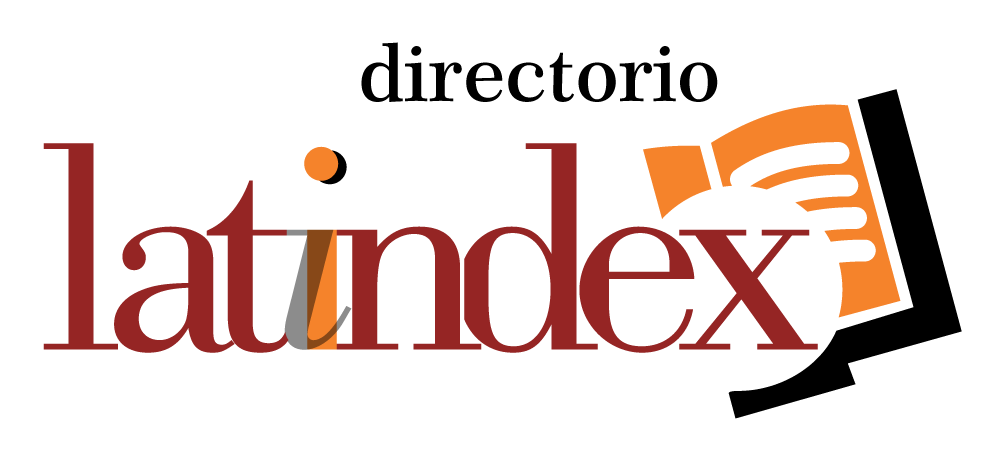Gamified web application with artificial intelligence for teaching programming in Spanish-speaking contexts
DOI:
https://doi.org/10.56294/ai202355Keywords:
Gamification, artificial intelligence, programming, adaptive learning, digital educationAbstract
Introduction: teaching programming posed a significant challenge for students with no prior training in logical
or computational thinking, especially at the early stages. Traditional teaching methods proved insufficient
to maintain motivation and engagement. In this context, gamification and artificial intelligence emerged
as promising educational strategies by offering more dynamic and personalized experiences. However, the
tools available on the market had significant limitations, such as a lack of AI-based personalization and the
absence of content adapted to Spanish speakers.
Development: the project developed a gamified web application aimed at teaching basic programming
and database concepts. Technologies such as HTML5, CSS3, JavaScript, PHP, and the MaterializeCSS library
were used for the design and implementation of the platform. The integration of the ChatGPT API allowed
the incorporation of artificial intelligence functionalities to provide personalized feedback to students. The
application was hosted in a reliable and widely used server environment. A review of existing solutions
showed that few combined gamification and AI, and none were fully oriented towards Spanish-speaking users.
Conclusions: the development of this application proved to be a viable and innovative solution to facilitate
programming learning. The combination of gamification and artificial intelligence improved the educational
experience, encouraged participation, and adapted content to the individual needs of users. This project
offered a unique approach and laid the foundation for future research in digital education.
References
1. Coddy Learning. Coddy Learning [Internet]. Disponible en: https://coddy.tech/
2. Consejo Profesional de Ciencias Informáticas de la Provincia de Buenos Aires. Honorarios recomendados [Internet]. 2022 [citado 2025 jun 27]. Disponible en: https://www.cpcipc.org.ar/honorarios-recomendados/
3. Materialize. Materialize [Internet]. Disponible en: https://materializecss.com
4. MIMO. MIMO [Internet]. Disponible en: https://mimo.org/
5. Ministerio de Educación. Competencias de educación digital [Internet]. 2017 [citado 2025 jun 27]. Disponible en: https://www.argentina.gob.ar/sites/default/files/competencias_de_educacion_digital_1.pdf
6. Mozilla. JavaScript [Internet]. 2022 [citado 2025 jun 27]. Disponible en: https://developer.mozilla.org/es/docs/Web/JavaScript
7. Mumuki. Mumuki [Internet]. Disponible en: https://mumuki.io/home/
8. Net Services Argentina. Web hosting [Internet]. Disponible en: https://netservicesargentina.com/web-hosting
9. OpenAI. Introduction to the OpenAI API [Internet]. 2023 [citado 2025 jun 27]. Disponible en: https://platform.openai.com/docs/introduction DOI: https://doi.org/10.1007/979-8-8688-0885-2_3
10. The PHP Group. ¿Qué es PHP? [Internet]. Disponible en: https://www.php.net/manual/en/intro-whatis.php
11. Udacity. Udacity [Internet]. Disponible en: https://www.udacity.com/
12. Linux Foundation. Linux Foundation [Internet]. Disponible en: https://www.linux.org/
Published
Issue
Section
License
Copyright (c) 2023 Martín Alejandro Gerlero (Author)

This work is licensed under a Creative Commons Attribution 4.0 International License.
The article is distributed under the Creative Commons Attribution 4.0 License. Unless otherwise stated, associated published material is distributed under the same licence.






